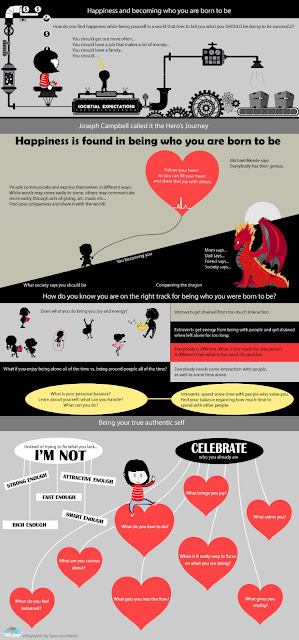The nation has been shocked and saddened by the recent shooting in Florida, and our hearts go out to all those involved. As we ask ourselves what could have been done to prevent such horrific action from a troubled youth, we ask ourselves, is he an outlier, or a symptom of a larger problem?
To delve deeper into this question, we reviewed the data survey respondents across the nation provided during 2017. Many schools and other groups encourage youth to participate, so we have responses from people as young as age 79. If you're familiar with the term midlife crisis, then you might understand that as researchers, we expect to see a u-shaped curve when we are looking at happiness, with that "midlife" group in the lowest bracket compared to the younger (12-17 & 18-26) and older (70-79) age groups.
Here's what we found:
Purpose and Meaning:
Youth are not experiencing greater sense of purpose and meaning compared to their parents, and don't have a comparable sense of meaning compared to the elderly. This may be somewhat anticipated as they are often still seeking to determine where they fit into the greater scheme of life. Parents can help their children increase their sense of having a meaningful life by encouraging them to think about how their life impacts others around them in the now, rather than focusing on the distant future.
Feelings of Anxiousness:
A worrisome pattern emerged when we looked at the question, "Overall, how anxious did you feel yesterday?" 18 to 26-year-olds were more anxious by far than 46 to 49-year-olds, and 12 to 17-year-olds were more anxious then 46-48-year-olds as well. This suggests that our youth are bearing a disproportionate emotional burden worries that may be difficult for them to process. Parents can help by talking to their children to assess what might be causing them concern, and seeking to help them alleviate any burden of anxiousness and the situations and conditions they are dealing with that give rise to anxiety.
Happiness and Life Satisfaction:
The questions regarding overall happiness and life satisfaction both demonstrated a more u-like shape, suggesting that overall levels of happiness and satisfaction with life are fairly good for our youth.
A Worthwhile Life:
Youth-rated only slightly better than mid-life adults when it came to whether they felt that the things they do in life were worthwhile; this rating was far below the senior group. The importance of a sense of worth in your daily actions cannot be undervalued. Studies of self-worth in youth have shown that increased levels of self-worth serve a preventative function in reducing behavioral problems, problems with academic performance, and problems with emotional behaviors--exactly the type of problems we see occurring in this unfortunate incident. As parents, it is important that your child's sense of self-worth be supported to reasonable levels, and reasonable expectations of worthiness established and supported that are external from how other people treat them.
What Can We Do?
It is a complex question and one that will take many parties and much effort, but one thing you can do is to set a good example and helping children and youth to find their happiness. Every child, youth and adult has the capacity, need and right to feel worthy, have a sense of purpose and meaning, and and to not be visited by anxiety on a regular basis. You can help children find greater levels of self-worth, purpose, and inner happiness, by developing your own self worth, finding and following your life's purpose, and cultivating your own happiness.




No comments:
Post a Comment